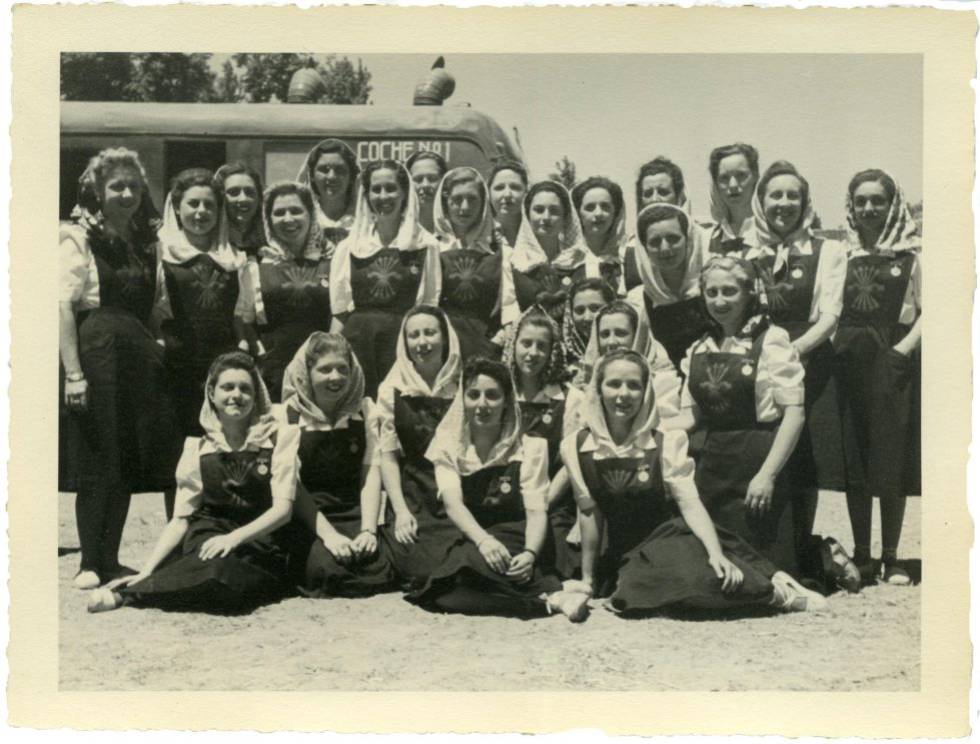 On Friday, February 14, 2020, the Spanish Supreme Court applied a gender perspective to interpret the General Law on Social Security. The law contemplates that to reach a minimum period of payment to reach early retirement one could compute obligatory military service or a substitute social service, with a maximum limit of one year. The judges of the Social Chamber in a literal interpretation of this article felt that it did not include the feminine Social Service and consequently found that it was "discriminatory treatment" against women.
On Friday, February 14, 2020, the Spanish Supreme Court applied a gender perspective to interpret the General Law on Social Security. The law contemplates that to reach a minimum period of payment to reach early retirement one could compute obligatory military service or a substitute social service, with a maximum limit of one year. The judges of the Social Chamber in a literal interpretation of this article felt that it did not include the feminine Social Service and consequently found that it was "discriminatory treatment" against women.The case involved a woman who sought early retirement and was denied by the National Institute of Social Security (INSS) because she lacked eight days in order to comply with the minimum time required by the law. A social security court in Barcelona found on her behalf and recognized her right to early retirement, but the Superior Court of Cataluña overturned the lower court's judgment. The Supreme Court overturned that decision in a judgment in which it emphasized that a gender perspective bound all the powers of the State: legislative, executive and judicial.
The feminine Social Service was obligatory for all single women between the ages of 17 and 35 during the Franco era, if they wished to have a paying job or an academic or official title, or to join an association, or obtain a passport or a driver's license.
Feb. 14 was, as usual, Valentine's Day. Coincidence?
ReplyDelete